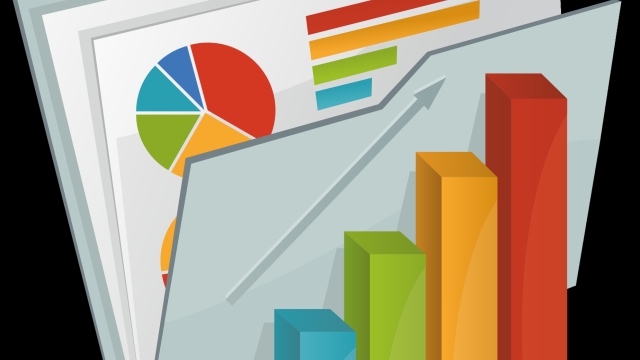In today’s highly competitive market, loyalty programs have become a cornerstone of customer retention strategies. These programs not only reward customers for their repeat business but also foster long-term relationships that can significantly enhance a brand’s reputation and profitability. However, the effectiveness of these programs can vary greatly depending on how well they are tailored to meet the specific needs of customers. This is where loyalty program customization comes into play, allowing businesses to create personalized experiences that resonate with their target audience.
Understanding the Basics of Loyalty Programs
Loyalty programs are designed to encourage repeat purchases by rewarding customers for their loyalty. Typically, these programs offer points, discounts, or exclusive offers based on customer spending or engagement. The primary goal is to create a sense of belonging and appreciation among customers, making them more likely to return. However, a one-size-fits-all approach may not yield the best results, as different customers have varied preferences and motivations. This is why understanding the basics of loyalty programs is crucial for any business looking to enhance customer engagement.
Benefits of customizing loyalty programs for Businesses
Customizing loyalty programs provides several advantages that can significantly impact a business’s bottom line. Firstly, it allows companies to better align their offerings with customer preferences, leading to increased satisfaction and engagement. Customers are more likely to participate in programs that feel relevant to them, which can boost overall program participation rates. Furthermore, loyalty program customization can enhance data collection, enabling businesses to gather insights into customer behavior and preferences. This data can then be employed to refine marketing strategies and improve product offerings.
Strategies for Effective Loyalty Program Customization
When it comes to loyalty program customization, there are several effective strategies that businesses can adopt:
- Segment Your Audience: Divide your customer base into distinct segments based on purchasing behavior, demographics, and preferences. This allows you to tailor rewards that resonate with each group.
- Personalize Rewards: Offer personalized rewards that reflect individual customer interests. For example, a coffee shop could provide discounts on a customer’s favorite drink or exclusive access to limited-edition flavors.
- Utilize Customer Feedback: Regularly solicit feedback from loyalty program members to understand what they value most. This information can guide modifications to ensure the program remains appealing.
- Incorporate Gamification: Adding game-like elements, such as challenges or tiers, can make the program more engaging and encourage customers to interact actively with your brand.
Case Studies of Successful Loyalty Program Customization
To illustrate the effectiveness of loyalty program customization, consider the example of a popular coffee chain that revamped its loyalty program by integrating customer feedback. Initially, the program offered generic rewards that did not resonate with their diverse customer base. After conducting surveys and analyzing purchase data, the company introduced a tiered rewards system that allowed customers to earn points based on their spending and engagement levels. This tailored approach led to a significant increase in customer retention and satisfaction.
Another example is a retail brand that implemented a birthday rewards program. By collecting customer birth dates during sign-up, they offered personalized discounts and gifts during the customer’s birthday month. This simple yet effective customization resulted in increased foot traffic and online sales, showcasing how targeted rewards can enhance customer loyalty.
Tools and Technologies for Customizing Loyalty Programs
To effectively implement loyalty program customization, businesses can leverage various tools and technologies. Customer Relationship Management (CRM) systems enable businesses to track customer interactions and preferences, which can inform program adjustments. Additionally, loyalty program software platforms offer features for tracking customer engagement, managing rewards, and personalizing offers. Integrating these tools can streamline the customization process and provide valuable insights into customer behavior.
In conclusion, loyalty program customization is essential for businesses looking to enhance customer engagement and retention. By understanding the needs of their customers and implementing tailored strategies, companies can foster stronger relationships and drive long-term loyalty. For those interested in exploring effective loyalty program customization options, resources such as BonusQR can provide valuable insights and tools to streamline the process.

